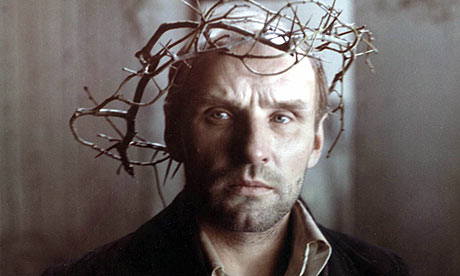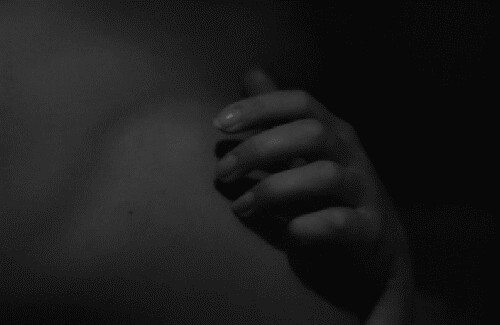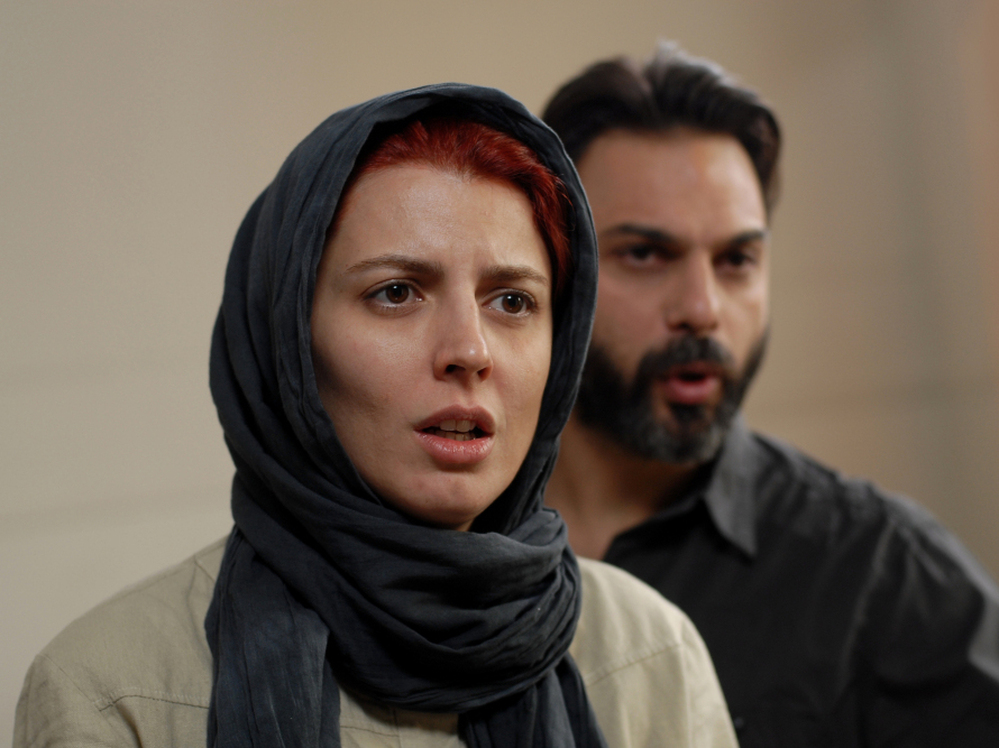Divine.
I knew it. I just knew it. Those two times when I just can't continue on watching the film is a foreboding all on its own. Sure, films like "Salo" and "Cannibal Holocaust" have disturbed me to the fullest, but it's only during "Pink Flamingos" that I have looked away from the screen several times simply because I just can't take what the film is showing me anymore. This, I believe, is trash American cinema at its most deprived, disturbed and relentlessly absurd. Damn New York Magazine for nonsensically comparing this to Luis Buñuel's "An Andalusian Dog". Buñuel's short classic is pure silent art; "Pink Flamingos" is a radical piece of noisy trash. But hell, there's such a thing we call 'junk art'. Perhaps "Pink Flamingos" belongs to that category.
A film about the filthiest person alive (played by late drag legend Divine), one can't really expect a film with such subject matter to be an exercise in elegance and good taste. In fact, John Waters seemed to have seen that 'filthy' little branding as a challenge to visually top himself in every sequence, shock factor-wise. From cannibalism to castration, Waters has thrown everything into the film but the kitchen sink, and the result may just be the most appalling piece of trash ever made. That is a compliment, by the way.
But the film, as crazy as it may be, is still a story rooted in familial bond. Divine, although an extremely disturbed person, is still family-oriented. And beneath her heavily made-up, genuinely intimidating exterior is a truly caring daughter to a mentally ill, egg-loving mother (Edith Massey) and a consistently encouraging mother to a mentally unstable son (Danny Mills).
But still, do not be misled by the ostensibly tender characterization. Personally, I still think that Divine is, without a doubt, one of the most frightening characters in all of movie history. The only difference is unlike most movie killers who prefer to murder alone, Divine prefers company and an audience, but she only does so when there's enough justification. And in her case, the word 'justification' means fending off some hacks who want to seize from her the title of 'the filthiest person alive'. Referencing a clichéd action film tagline, "God help those who come his/her way".
But in the end, no matter how deprived and murderous Divine may be, she may just ultimately prefer to cook her dear mother some eggs all day (and maybe eat some excremental droppings from dogs on the way) rather than to murder for fun. But then again, you may never know. This Divine is one unpredictable fella to deal with. But so is John Waters, the same man who has declared "Faster, Pussycat! Kill! Kill!" as the best film ever made.
As an auteur, Waters is commendable for making the film look as cheap as possible while also feeding it with enough acts of deprivations and cruelty to make it even more shockingly antithetic to what makes a film acceptable at the least. But ultimately, what Waters has achieved is something stylistically noteworthy. By integrating songs into scenes while rendering the dialogue mute, he was able to consistently create an ironically fun-loving atmosphere.
Take the scene where Raymond (David Lochary) and Connie Marble (Mink Stole), the scheming couple who wants to dethrone Divine from her filthy throne, is about to deliver a birthday gift to Divine as an example. We know that the content of the gift is something unspeakably dubious to say the least (okay, a fecal matter's what's inside the gift box), but Waters, despite of the disgusting nature of the gift, has chosen to insert the very pristine "Happy, Happy Birthday, Baby" song by 'The Tune Weavers' to accentuate the mockery that accompanies the sequence. Amid all the nonsense, John Waters has indeed forged his own style. He has ensured that "Pink Flamingos" will be a tough act to follow. Until now, I believe it still is. This film persists.
'An Exercise in Poor Taste," the tagline says. Yes, it sure is, but one can't also deny the fact that "Pink Flamingos" is a trash film worthy to be deemed as truly influential. We can at least safely say that if there's no "Pink Flamingos", there will be no such films as Harmony Korine's "Gummo" or even Rob Zombie's more recent "The Devil's Rejects". And also maybe without "Pink Flamingos", exploitation cinema would have been a lot tamer.
Honestly, no other films have disturbed me as much. For me, films like this are stuff nightmares are made of. To admire this film's true aesthetic value is quite hard but it is not really impossible. But to find enough motivation to rewatch the film will surely be an intense scatological dig. Well, at least for me.
FINAL RATING


















